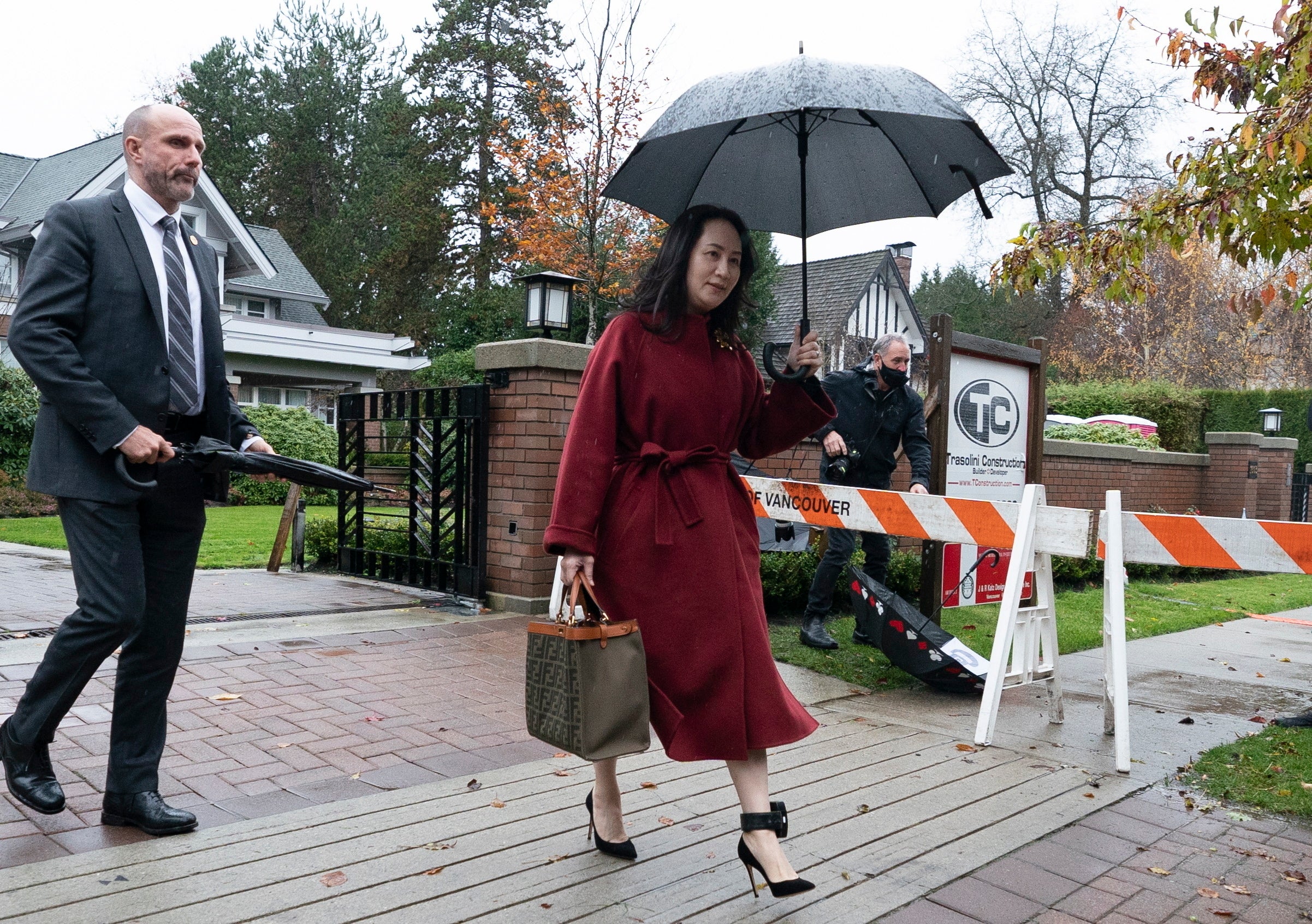Ambassador visits Canadians detained in China in Huawei case
Canada's ambassador to China has visited two Canadians detained for almost two years amid a dispute over the arrest of an executive of Chinese technology giant Huawei

Canada’s ambassador to China has visited two Canadians detained for almost two years amid a dispute over the arrest of an executive of Chinese technology giant Huawei
The Canadian government said that Ambassador Dominic Barton met with former diplomat Michael Kovrig on Thursday and with businessman Michael Spavor on Nov. 10.
The two have been confined since December 2018, just days after Canada detained Huawei executive Meng Wanzhou who is also the daughter of the company’s founder. It was their third consular visit this year.
No information has been released about where the Canadians are being detained or under what conditions.
Canada accuses China of arbitrarily arresting the two in order to pressure it into releasing Meng, who lives under a form of house arrest in Vancouver while she challenges a U.S. extradition order to face fraud charges related to trade sanctions on Iran.
China says Canada has no right to hold Meng and that Kovrig and Spavor are suspected of national security crimes. Yet, Beijing has long drawn a link between their cases, demanding that Canada release Meng while offering no details about specific accusations against the two Canadians.
China has also sentenced two other Canadians to death and suspended canola imports in an apparent effort to pressure Ottawa. Canadian Prime Minister Justin Trudeau recently referred to China's actions as “coercive diplomacy" and spoke with U.S. President-elect Joe Biden about working together to resolve the issue.
On Friday, foreign ministry spokesperson Zhao Lijian renewed China's accusation that Meng's detention was a politically motivated plot engineered by Washington.
“No matter how the Canadian government conceals the truth and misleads the public, it will never change the political nature of the Meng Wanzhou incident, nor will it change the disgraceful role that Canada has played in this incident as an accomplice and pawn of the U.S.," Zhao told reporters at a daily briefing.
American officials say Huawei might facilitate Chinese spying, which the company denies and the administration has been lobbying European and other allies to exclude it and other Chinese suppliers as they upgrade their telecommunications networks.